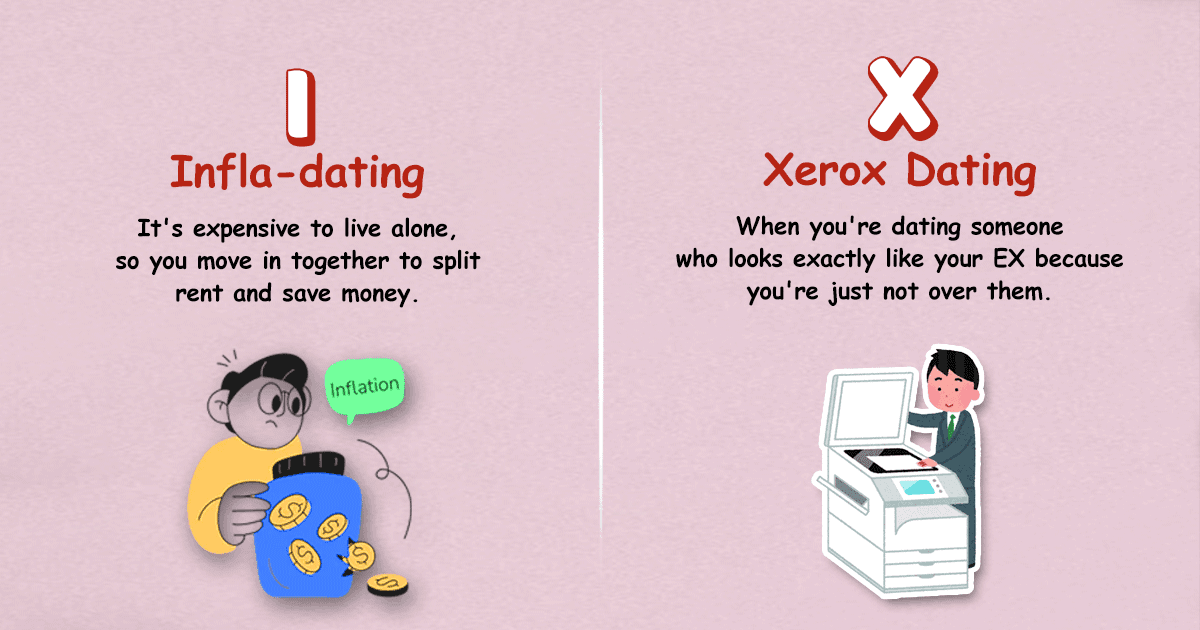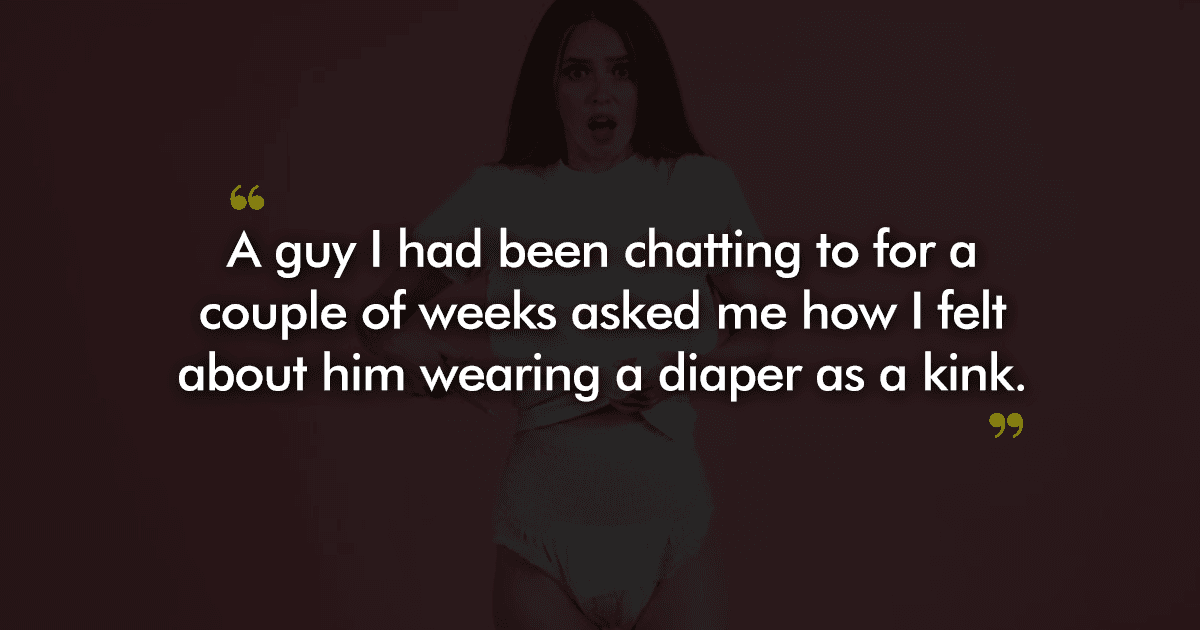Do you know what’s funny? It takes much longer to get over an abusive relationship than a healthy one, and there’s a precise reason behind that. It’s far easier to bid adeiu to a good-hearted, considerate partner than a villainous ex who had no redeeming qualities.
Individuals, who are vicious, manipulative narcissists are sometimes the hardest to get over. But, don’t be so tough on yourself! You’re not alone. This is a universal phenomenon and it’s absolutely normal.
Here are 5 reasons why toxic relationships are harder to get over:
1. The highs of the relationship outweigh the lows
To trap you in their cycle of emotional abuse, narcissists will often aggressively pursue you at the inception of the relationship to hook you on to their charade. That means elaborate gestures, “I love you” within a month and borderline obsessive admiration that moves at a much faster pace than a normal relationship should. They love-bomb you into thinking that they are a viable partner and the best you could ever do. This is simply a manipulation tactic because if they were to display their duplicitous side from the start, no one would tolerate their behavior. When you finally separate yourself from the toxicity, it’s only human to doubt if you would ever experience that kind of admiration again.
2. They create a trauma bond.
By the time the cocooned, honeymoon period is over, you are successfully emotionally attached to your partner. That’s when the actual conflicts start. You can barely recognize the person you fell in love with under the name-calling, stonewalling and aggressive unwillingness to accept their hurtful actions
3. Gaslighting.
An abusive ex will gaslight you into thinking you are the reason the relationship ended. They will remind you of their caring and attentive nature and claim that you’re the irrational one for letting them go. But in reality, their good deeds were only to mask their abusive traits and actions.
4. Your self-esteem has been run over by a bull-dozer.
The bulldozer? Your narcissistic ex. Because of a narcissist’s incapability to acknowledge anyone’s emotions but theirs, you live under constant scrutiny. Your friends, actions, thoughts, feelings, likes, dislikes, none of it is good enough unless it matches their expectations. Dating a person who consistently nitpicks your life gradually makes you feel like you deserve it, and it crush your self-worth in the process.
5. You traumatised.
Dating someone who was the best and the worst at the same time takes a huge hit on your faith in love and relationships. You develop immense trust issues and constantly question your gut feeling.
Here’s the silver lining – you got out of it! You survived! While this might feel like the end of the world, down the line you did what’s best for the person you love most, yourself.

















